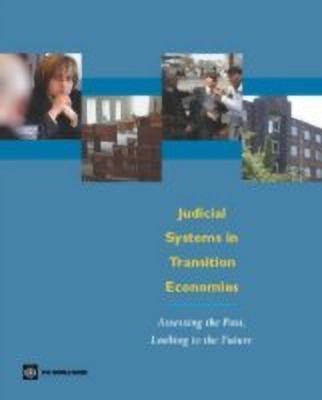Judicial Systems in Transition Economies(English, Paperback, Anderson James)
Quick Overview
Product Price Comparison
This study reviews the experience of countries in Central and Eastern Europe and the former Soviet Union in reforming their judicial systems to fit the needs of a market economy, drawing on a variety of data sources. Reformers initially emphasized the passage of laws and the establishment of judicial independence over longer-term institution building. While there is still some way to go in establishing independence, there is much further to go in creating courts that are quick, affordable, effective, and fair and honest. Firms' and citizens' views of courts are generally negative and appear to be getting worse in some countries. It is probably fair to say that less overall progress has been made in judicial strengthening than in almost any other area of policy or institutional reform since 1990. Countries and donors are now placing increasing emphasis on the need to improve the independence, efficiency, accountability, and enforcement capacity of judicial institutions. Transition countries vary significantly - not only in the specific problems they face but also in both judicial capacity and in the demand by the public for well-functioning judiciaries. The strategy and priorities for each country going forward will depend in large part on its particular situation.


